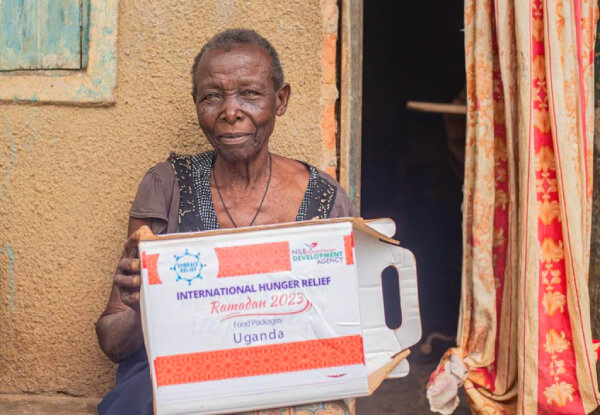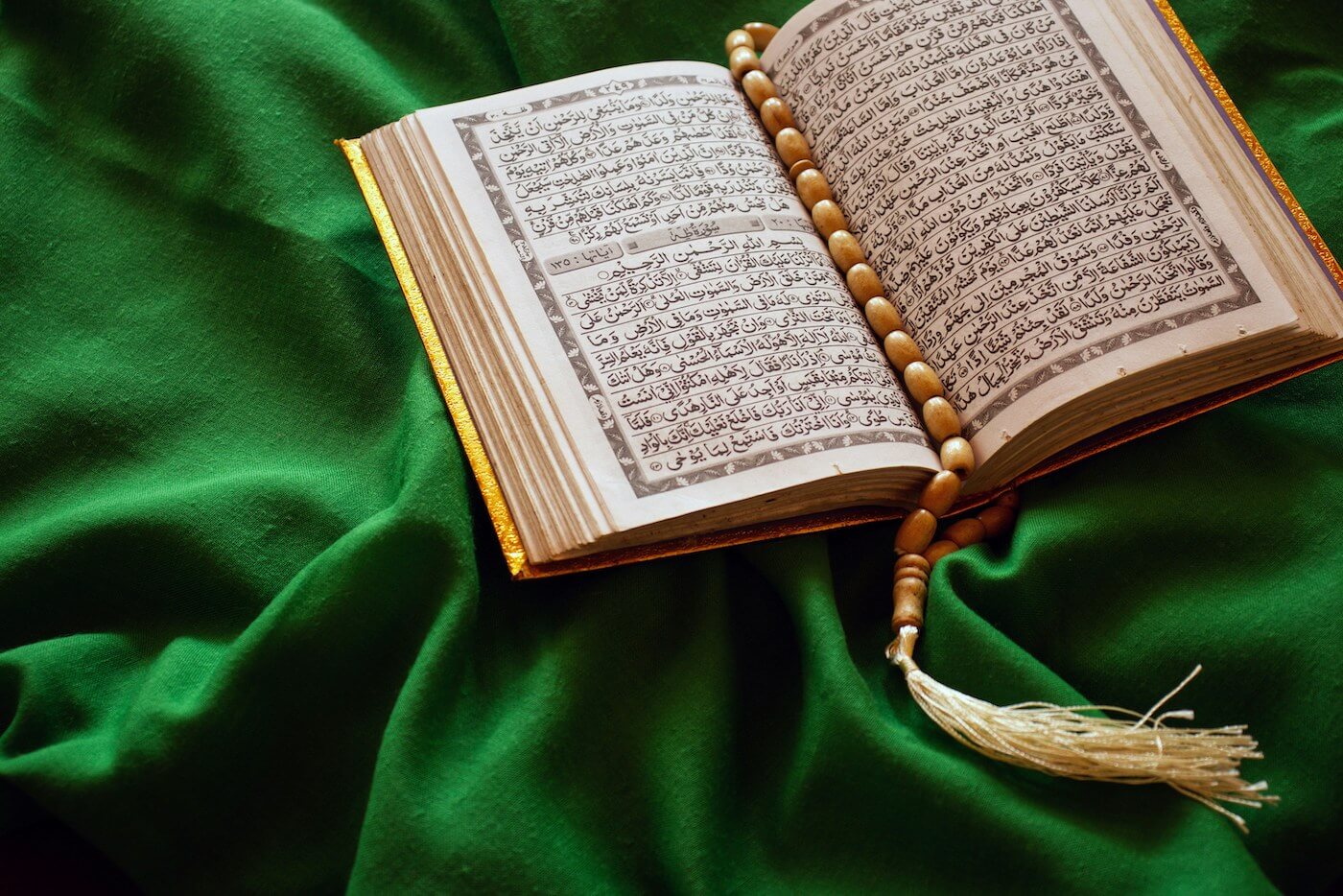Understanding Ramadan
Ramadan is the ninth month of the Islamic lunar calendar and is considered the holiest month for Muslims. It is a time of fasting, prayer, reflection, and community. During this sacred period, Muslims around the world follow specific rules and practices to honor their faith and deepen their connection with Allah.
If you’re new to Ramadan or looking for a comprehensive guide, this article explains the essential rules, their spiritual significance, and how you can participate in the broader values of the holy month.
The Rules of Fasting During Ramadan
1. No Food or Drink During Daylight Hours
Muslims fast from dawn (Fajr) to sunset (Maghrib), refraining from all food and drink. This includes water. Fasting begins with the pre-dawn meal, suhoor, and ends with the evening meal, iftar.
2. Avoiding Negative Behaviors
Fasting extends beyond physical abstinence. Muslims are encouraged to avoid negative actions such as gossiping, lying, or arguing, as these behaviors contradict the spiritual purpose of Ramadan.
3. Breaking the Fast Properly
Traditionally, the fast is broken with dates and water, following the example of the Prophet Muhammad (PBUH). This is followed by a nutritious iftar meal.
4. Making Up Missed Fasts
Those who are unable to fast due to valid reasons—such as illness, pregnancy, or travel—are required to make up the missed fasts at a later time. Alternatively, they may provide a charitable donation known as fidya to feed someone in need.
Exceptions to Fasting
Not everyone is required to fast during Ramadan. Exceptions include:
- Children: Fasting is not obligatory for children who have not reached puberty.
- The Elderly: Those who are too frail to fast are exempt.
- Pregnant or Nursing Mothers: Women in these circumstances can postpone fasting if it may harm their health or that of their child.
- The Sick or Traveling: Temporary exemptions apply, with the expectation to make up missed fasts later.
Prayer and Worship During Ramadan
Increased Focus on Prayer
Muslims perform five daily prayers as part of their regular worship. During Ramadan, additional nightly prayers called Tarawih are encouraged. These prayers often include recitation of the Quran and are performed in congregation at the mosque.
Quran Recitation
Ramadan is the month in which the Quran was revealed, making its recitation a central part of worship. Many Muslims aim to read or listen to the entire Quran during the month.
Charity as a Pillar of Ramadan
Zakat and Sadaqah
Charity is a fundamental aspect of Ramadan. Muslims are obligated to give Zakat, a portion of their wealth to help those in need. Additionally, many perform Sadaqah, voluntary acts of charity, to further support the less fortunate.
Embrace Relief’s Role in Charity
Embrace Relief’s programs, such as hunger relief and clean water initiatives, align with the charitable values of Ramadan. Donating to these causes fulfills the spirit of giving while making a tangible impact on vulnerable communities.
Other Important Rules and Practices
1. Pre-Dawn Meal (Suhoor)
Eating a meal before dawn helps sustain energy for the day’s fast. It’s a sunnah (recommended practice) to partake in suhoor, even if it’s as simple as water and a few dates.
2. Breaking the Fast on Time
Delaying iftar intentionally without valid reason is discouraged. Muslims are encouraged to break their fast promptly at sunset.
3. Maintaining Modesty
During Ramadan, Muslims are reminded to uphold modesty in their behavior, attire, and interactions.
The Spiritual Essence of Ramadan Rules
The rules of Ramadan are not just about discipline—they are designed to cultivate spiritual growth, empathy, and gratitude. Fasting reminds Muslims of the struggles faced by those who live with scarcity, encouraging acts of kindness and reflection.
Observing Ramadan with Purpose
The rules of Ramadan guide Muslims in making the most of this sacred month, ensuring it is a time of worship, reflection, and charity. At Embrace Relief, we honor these principles by supporting communities in need through hunger relief, clean water, and education programs.
This Ramadan, let’s come together to uphold the values of compassion and generosity, creating a positive impact for ourselves and others.






















